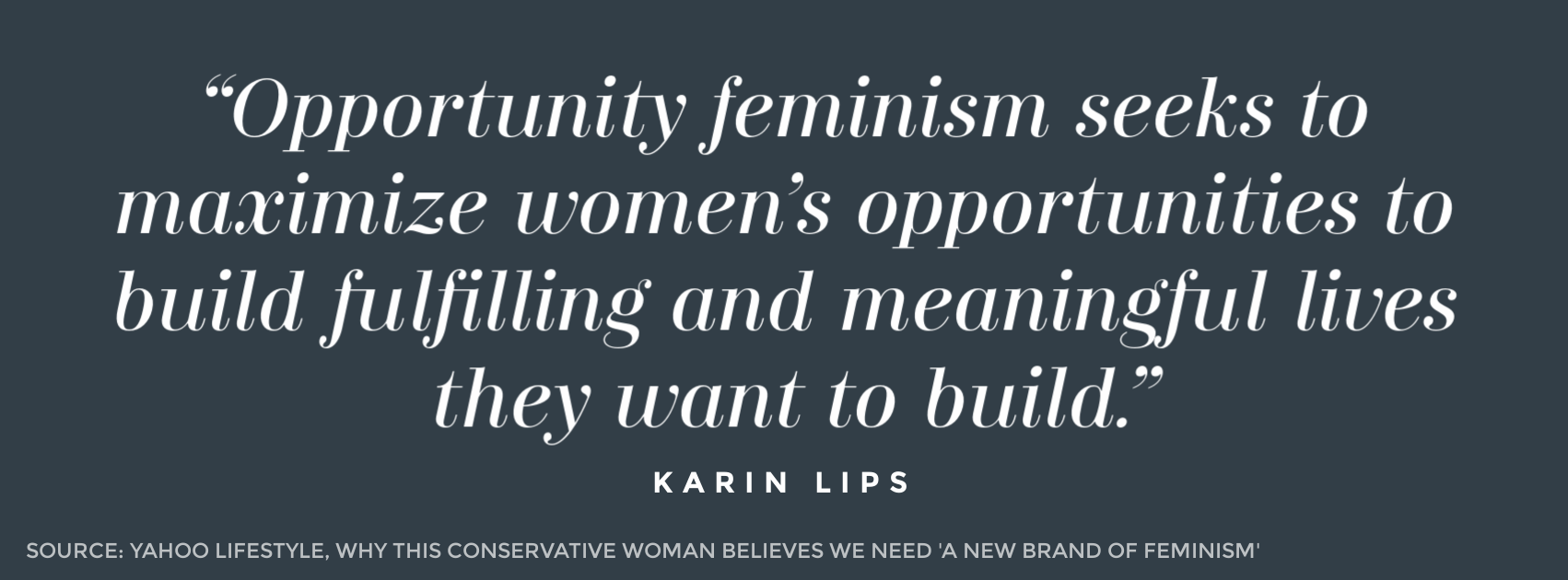Teen Vogue pushes young people one step closer to socialism
This article originally appeared in the Washington Examiner.
Teen Vogue is rebranding socialism for young people. But a new label won’t change its ill effects.
The magazine launched a new series in May titled “Bread and Roses,” featuring articles selling socialism to young people. The series, which is presumably named after the 1912 textile labor strike in Massachusetts, is “exploring the growing interest in socialism among young people seeking alternatives to recovery in this pivotal moment in global history.”
Its headlines lavish praise on socialism, such as “The Deep Socialist Roots of the U.S. Labor Movement: Collective action FTW,” “Socialist Policies Could Have Made a Huge Difference During This Pandemic,” and “Socialism Is the Answer to Corporate ‘Girl Boss’ Feminism.”
The series kicks off with an article headlined, “What Is Democratic Socialism and Why Is It Growing More Popular in the U.S.?” that laments that Amazon HQ2 went to northern Virginia instead of a place such as Detroit because Detroit “stood in greater need.” This decision supposedly “illustrates capitalism’s core flaw: its profoundly undemocratic nature. Under capitalism, we don’t make economic decisions collectively.”
While making the case for socialism, the author, a professor of political theory at Texas Christian University, assures readers that while “major industries and large corporations would be brought under social ownership and control,” their iPhones (and video games) aren’t at risk.
It is unclear how socializing large corporations, which presumably would include Apple, reconciles with the assertion that iPhones wouldn’t be touched. After all, what young socialists don’t seem to grasp is the role capitalism plays in fostering the innovation that has led to products such as the iPhone.
The author calls for what seems to be a softer version of socialism. For example, he writes about socialism as a way to create a “workplace democracy.” Yet this still is described as taking control from bosses and putting it in the hands of workers. He uses the language of democracy, describing socialism today as “economic democracy.”
Repainting socialism makes it more palatable to the impressionable young readers of Teen Vogue. Rebranding socialism is the Left’s latest attempt to attract a new generation to socialism.
Rep. Alexandria Ocasio-Cortez is a self-described socialist. She attempts to distinguish it from the atrocities committed by socialist regimes by adding the word “democratic” to the front of socialism.
Adding the word “democratic” to socialism seems to make socialism more attractive to young people, even if it’s unclear how this additional word changes socialism in practice. According to the Harvard Institute of Politics Youth Poll from spring 2020, a full 40% of young people support “democratic socialism,” while 30% support socialism.
No matter how socialism is rebranded to try to create a softer, more market-friendly, less scary version of socialism, socialism is still socialism.
Teen Vogue is self-described as “the young person’s guide to conquering (and saving) the world.” But Teen Vogue is leading young people to destroying it, one step toward socialism at a time. The online magazine has an online footprint of 11.6 million unique users, 13.4 million followers on social media, and 45 million video views.
What’s worrisome is that this new series probably doesn’t seem that outrageous to young people.
Millennials and Generation Z are more likely to embrace socialist policies than previous generations, according to a Harris poll. Among millennials and Generation Z, 73% agree that the government should provide universal healthcare, and 67% agree that the government should provide tuition-free college. And 49% say they would prefer to live in a socialist country. A majority of only two age demographics in the poll have a positive reaction to socialism — 61% of those 18-24 and 51% of those 25-34.
Socialism is losing its stigma among young people. Defenders of freedom and free-market policies should be aware of and ready to respond to the arguments being made to young people when it comes to socialism, not just by political forces, but also by cultural staples such as Teen Vogue.


